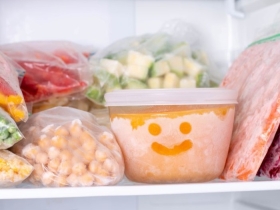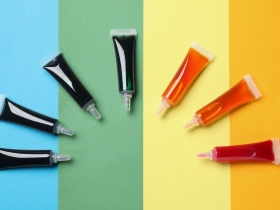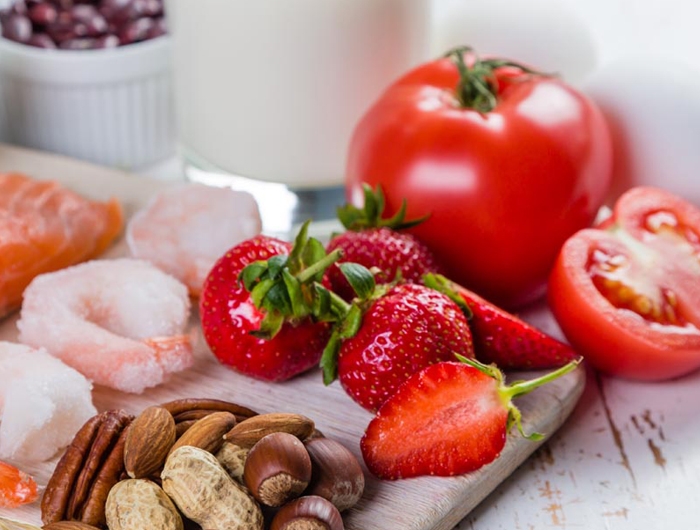
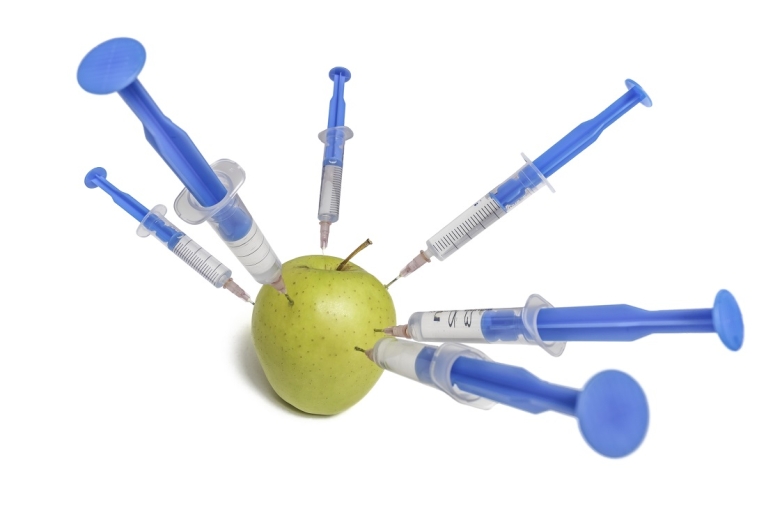
Food additives: the definitive glossary
Chemical cuisine
CSPI began compiling Chemical Cuisine in the 1970s. Now an online database, this glossary of food additives is a comprehensive, up-to-date list of what's in your food and how safe each ingredient is.
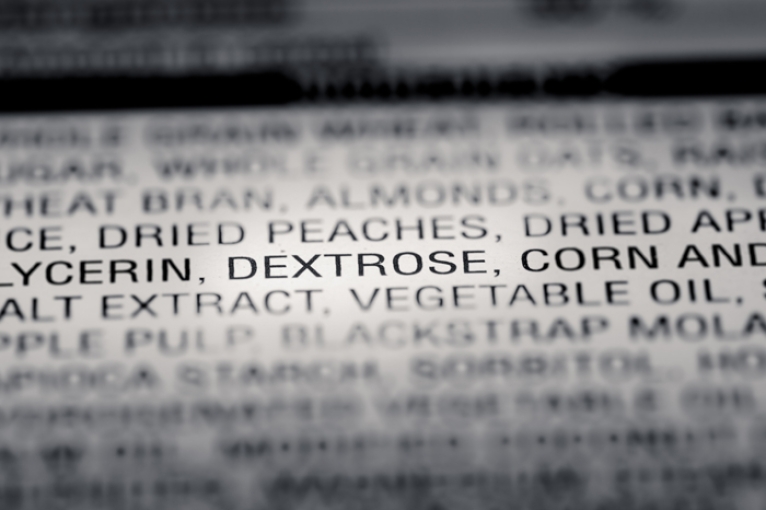
CSPI's clean labeling campaign
Consumers have gotten the message: There are unsafe and poorly tested chemicals in everyday foods and beverages. As concern grows, shoppers are increasingly demanding foods and beverages that are free from concerning additives.
Companies have responded to these consumer demands by offering “clean label” foods. But because industry’s clean labels campaigns are not always centered around safety, consumers are confused about what “clean label” means.
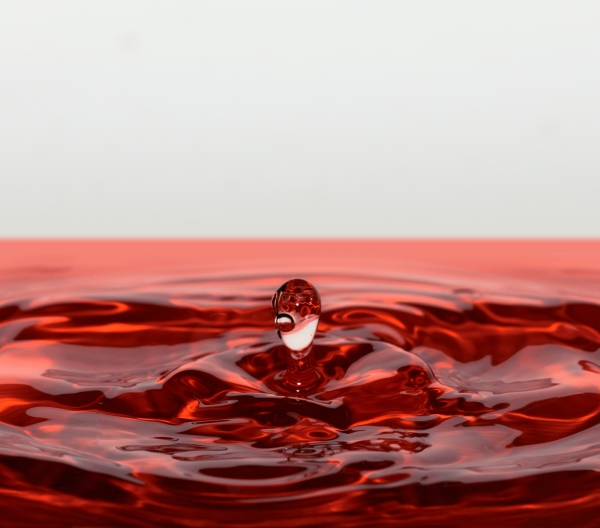
Banning Red 3
Where is Red 3 legal?
CSPI’s interactive map tracks which states have introduced or passed legislation to ban the carcinogenic color additive Red 3 from foods and beverages.


